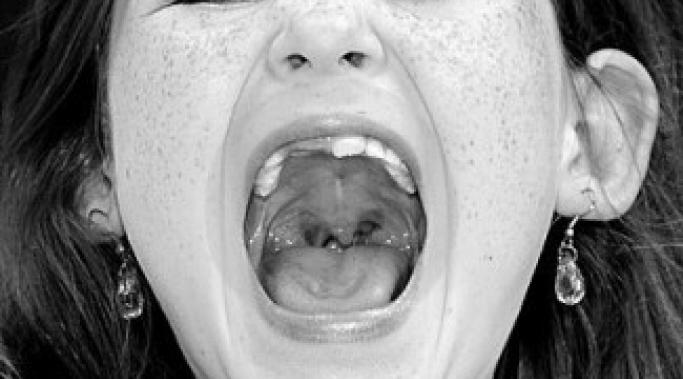Blogs
In last week's post, I talked about some of the reasons why anxiety disorder makes you so tired. The sheer weight of the tiredness that often goes with anxiety disorder can be very discouraging, and solutions for that weariness can sometimes seem impossible. But, there are ways to manage it, that, while not a cure-all, can make living with the exhaustion of anxiety doable. This week, we'll talk about ways that you can manage your anxiety disorder exhaustion.
Everyone has anxiety, including teens and tweens. Anxiety is important. It’s a natural reaction that our body has to a new situation. It serves as a basic survival function – like a warning system that alerts us whenever we perceive a dangerous experience. For some, it works over time and needs to be controlled. Techniques including visualization and mindfulness can help tweens or teens with anxiety.
Some years ago, the notion of peer support for the mentally ill became an important component of mental health recovery. The mental health community has embraced peer support as crucial to mental health recovery but how valuable is it?
While group therapy can be extremely effective in helping individuals learn the skills needed to overcome many mental health and/or addiction problems, what happens when a person is afraid of group therapy? The fact of the matter is that most people are anxious about starting group therapy for the first time and you shouldn’t let that stop you from participating in this type of therapy. Once you get used to the group setting, you may find that group therapy is extremely supportive and beneficial.
National Eating Disorders Week 2015 officially runs from February 22-28. I think that sometimes it is easy to blow this week off every year, because the reality is that we are at a point (at least in the United States), where most people are fairly "aware" of eating disorders. For the most part, people are familiar with anorexia, bulimia, or binge eating and may even know someone who suffers but we still need Eating Disorders Awareness Week.
I had dental surgery last Thursday and as fun as that was, managing the pain since has been ever more so. It got me to thinking that mixing bipolar and codeine likely isn’t the best idea.
A couple of years ago, after I had been diagnosed with schizoaffective disorder for some time, I had a very intense mystical experience while praying to Mother Mary. I was kneeling in front of a statue of her when, all of a sudden, it seemed she was radiating rays of white and golden light through my body. The experience lasted for a few minutes. Since I have schizoaffective disorder, the skeptic in me chalked the experience up to my illness but it did get my thinking about schizoaffective disorder and spirituality.
Having a healthy self-esteem can be challenging depending on your employment situation. Whether or not you’re employed, your occupation, and your income can affect self-esteem in a big way. Employment gives you a sense of purpose and meaning and it’s also a connection to other people and society. There are times when you might find yourself without work. You may be unemployed, have time off due to illness or injury, or be permanently unable to work. Alternatively you may be working but dissatisfied with your job. However you can maintain a healthy self-esteem regardless of your employment situation.
When you have binge eating disorder, your weight can sometimes drastically fluctuate and sometimes the way people treat you as a person changes as your weight does. There's a misconception in popular culture that people lose weight in order to please other people and live up to societal ideals of beauty and that when they do, they become deserving of respect and fair treatment and are then granted a voice and a space to exist within this society. I call this concept "the good fat girl."
It's the opportunity of a lifetime. I'm in the process of raising money for a mission trip to Kenya. There are several obstacles, but I'm guardedly optimistic (How Not to Expect Too Much From Yourself). This opportunity--and the challenge that comes with it--made me think about healthy goals and reasonable expectations when recovering from mental illness. I've come to three conclusions.










I believe she will only be able to rid herself of her demons, and hopefully her BPD as well, when she's ready to confront the abuse of her father. If she can put the blame where it belongs, she may stop projecting that victim/perpetrator cycle on the present men in her life. These demons are a metaphor for the purgatory she has created for herself. That reality has consequences in the real world, but it need not be real in the tangible sense. Exorcising her demons will require the expenditure of real physical energy and probably the destruction of aspects of her personality. If this ever happens, and it's possible but not probable, then these demons will evaporate. They are only as real as one's personality is real. In short, reality is not the question, it's what you make of the things you feel to be real.